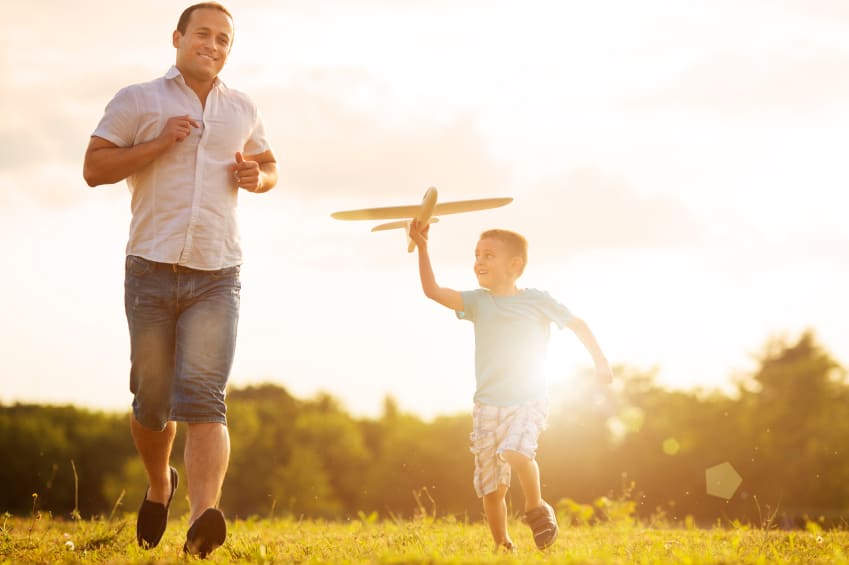Summer vacations and loads of outdoor activities are going to be here before you know it, which means you’ve got a big decision to make. Hide in the shade the whole time or bask in the sun’s glory? Lots of us keep to the shade, no matter how much we’d rather soak up the rays. After all, isn’t the sun bad for us? The answer is… not if used correctly.
I once was that parent—the one who spent a good amount of time slathering the highest SPF sunscreen I could find on my kids before they stepped one foot out the door. That stuff is impossible to get completely rubbed into the skin, so my kids inevitably ended up with those telltale white streaks of residue here and there—a mother’s badge as proof of protection against the sun. Right?
My adventures as a self-healther caused me to gradually change my ways. First, I switched to this healthier sunscreen and continued the pre-exposure lathering. But as I learned a bit more about the importance of sun exposure for our health, I lightened up some—now my kids would stay outside for a little while before I made them put on sunscreen. At the same time, we moved to an organic sports sunscreen. This one lasted longer with the boys’ activity level and didn’t give them a simultaneous dose of chemicals. By now I was smarter about the sun, and feeling pretty good about it. But I still wanted to know more.
As I mentioned in a previous post about keeping your spirits high during the winter months, I’m a big believer in the power of the sun. There’s something about the feeling of the rays soaking into my skin that I just can’t get anywhere else. Also in that post, I mentioned adding The Healing Sun: Sunlight and Health in the 21st Century by Richard Hobday, PhD, to my reading list. I’ve finished it now, and I must say it’s definitely worth seeking out.
Hobday affirmed that some of the things I was doing were good. I was right about allowing unprotected exposure to the sun to reap the health benefits, as well as buying sunscreens with physical sun filters rather than chemicals like titanium oxide. But he also helped me consider some other aspects of sun exposure that I hadn’t thought about. Things like:
- It’s important to consider your skin type. You want to make sure you don’t exceed the amount of time in the sun that’s right for you, and end up with a burn.
- Frequent, short exposures to sunlight are better for you than long, infrequent ones.
- Exposure to early morning sunshine is the most beneficial.
- The most important time of the year to sunbathe is in the spring and early summer.
I will definitely apply these tips to our summer activities—and keep them in mind for the rest of the year as well. But that’s not all—Hobday covers all kinds of other information in his book, including less-discussed topics like the use of sun therapy, or heliotherapy, for healing war wounds; the importance of the sun in irradiating cholesterol in the skin to produce vitamin D; plus familiar subjects like skin cancer and the winter blues. The Healing Sun gives you the scoop on most anything you want to know about the effects of sunlight on your health, such as:
- How sunlight can help prevent serious illnesses like multiple sclerosis.
- The effect of sunlight on our hearts and teeth.
- The condition of the ozone layer and what it really means for sunbathers.
- Information on the use of sunlamps when natural sunlight isn’t available.
So, to answer the question of whether or not you should expose your skin to the sun, it seems to be a resounding, “Yes, but…”
It’s important to learn about and weigh the ill effects of too much sunlight versus too little, because there are repercussions for both. But if we want to avoid any long-term health issues, the delicate balance is worth figuring out.
What sun-worshipping rituals do you follow to keep in your best health ever?
Photo from iStock/vgajic



